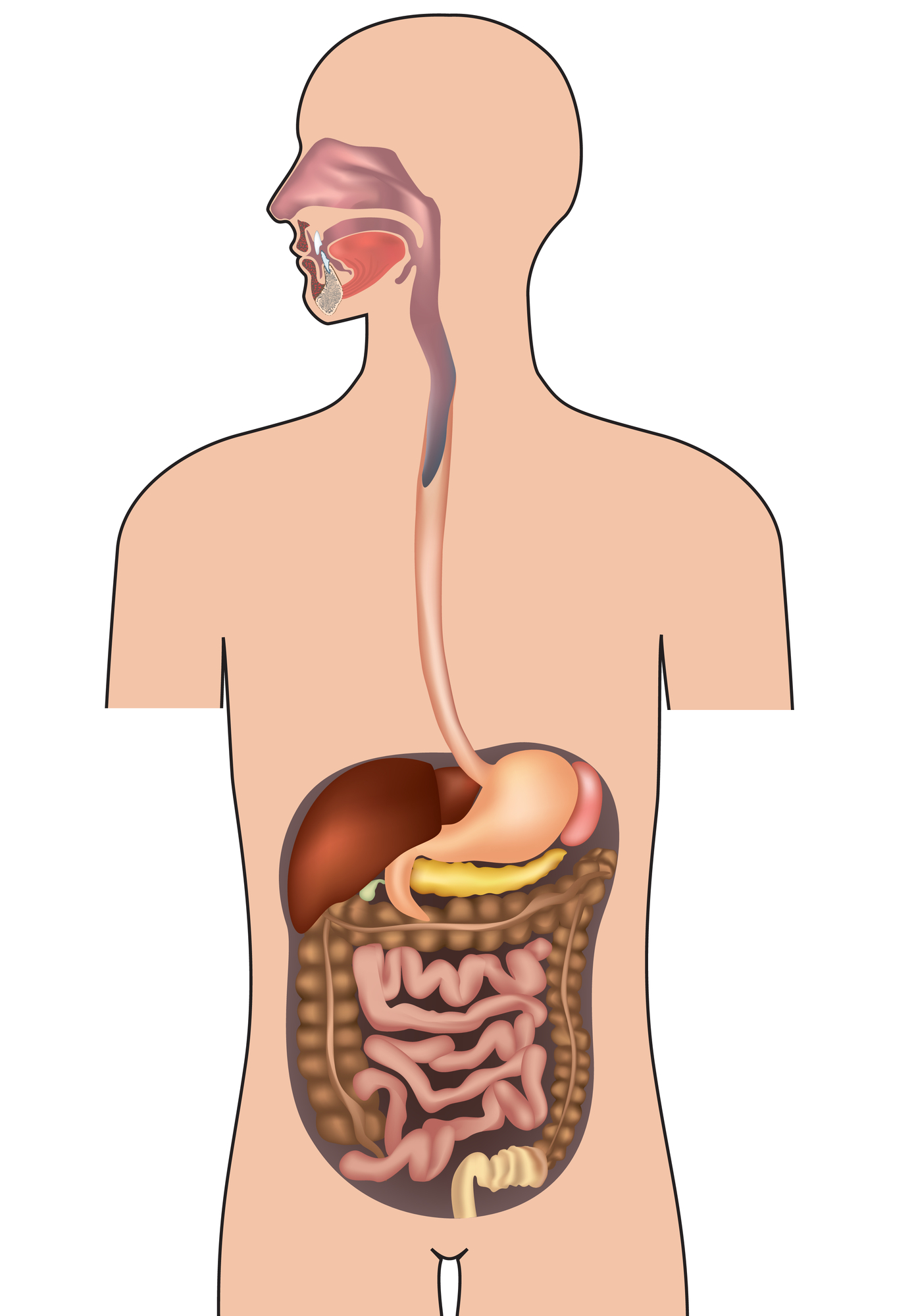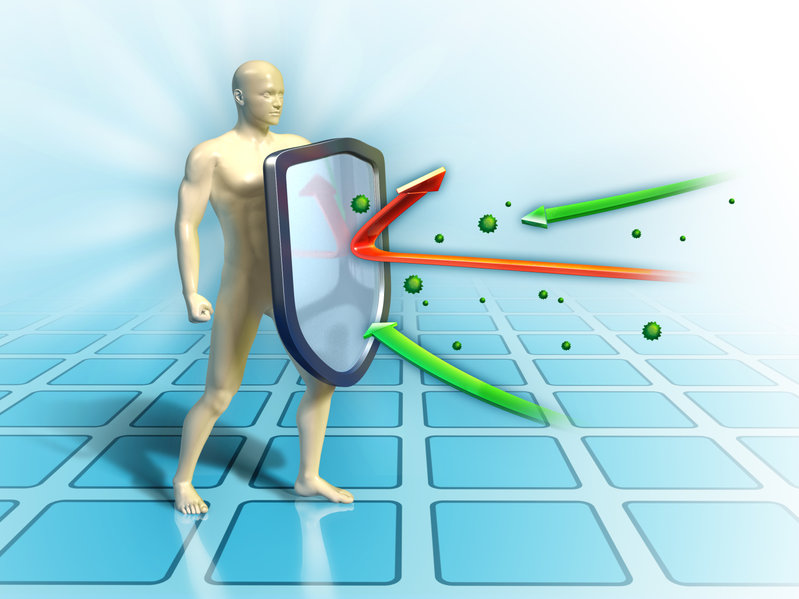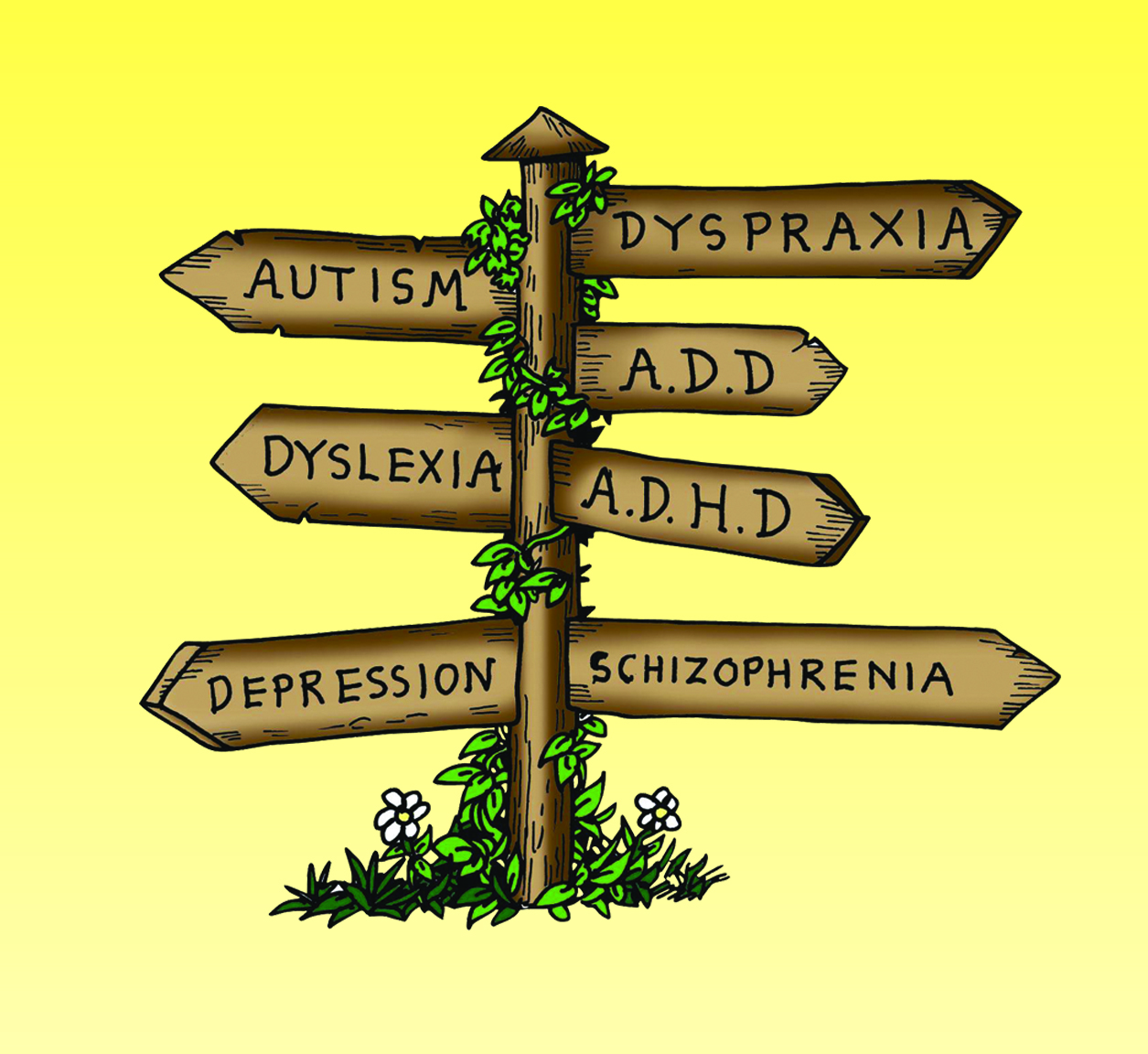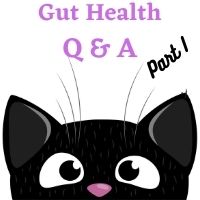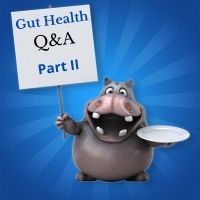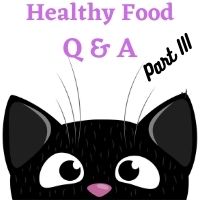For the latest updates and offers on new products & books, sign up today!
Herbs for Strengthening the Immune System
I like to use Echinacea for strengthening the Immune System, and it works effectively as an Immune System boosting remedy. However, the effectiveness of Echinacea depends on taking it with the onset of getting the flu and/or a cold.
But what I have learned from researching the subject of Herbal Remedies for Low Immunity, and in particular about Echinacea, is to use a specific species of the plant. And that is Echinacea Angustifolia and not Echinacea purpurea which is less effective according to Master Herbalists when I read more of their research and find them as credible sources. Echinacea purpurea has been used in Europe and Germany by juicing the aerial part of the plant for decades. So that tells you something about this species, but it seems it is more effective when it is freshly picked from the garden and immediately consumed after juicing it.
I have also incorporated scientific studies to validate the effectiveness of Echinacea purpurea for treating diseases, so it is up to you to experiment with both species and decide what is best, and what works for you.
One more thing about Echinacea. . .
You need to understand the importance of getting the right dosage to have an effective remedy to take care of a cold or the flu. The dosage I have been following is one full dropper about every 45-60 minutes (1). The healing process usually takes no more than a day or two maximum. Then I continue taking it for another four hours with half of a dropper that is about 15 drops just to make sure the flu or cold has gone.
Echinacea Active Phytochemicals
Here are some of the Immune System enhancing properties in Echinacea:
- Alkamides
- Polysaccharides
- Volatile oils
- Flavonoids
- Glycoproteins
Echinacea for Boosting the Immune System
Echinacea can stimulate the number of the Immune System T-cells or T-lymphocytes that are part of the white blood cells. It also has a stimulatory effect on B-cells and neutrophils.
Echinacea contains phytochemicals that have antiviral and antibacterial properties. The herb works against certain types of viruses such as HIV and Influenza H5N1. At the same time, Echinacea is active against certain types of bacterial species like Streptococcus pyogenes and Pseudomonas aeruginosa (1).
Echinacea has a double effect on improving the Immune System through two mechanisms--stimulating and modulating the immune function (4). It has a modulating effect regarding the macrophage immune response.
What parts of Echinacea are used?
- Roots
- Seeds
- Flower and leaf
Long-Term Usage of Echinacea
Echinacea is not a tonic herb, but is a herb that stimulates the Immune System; therefore, it is not recommended for long-term use. I use it when I get symptoms of the flu or a cold, or even when I am under a lot of stress. After my symptoms are gone, then I stop taking it.
Side Effects
Rare joint pain may happen if it is taken in a large amount, stomach ache, and allergic reactions (rashes, asthma, anaphylaxis) if you are allergic to certain types of plants such as the Daisy family-like Echinacea. Echinacea is not recommended for individuals who are suffering from an autoimmune disease. As always, consult with your Qualified Health Practitioner before using any herb.
Rhodiola Benefits for the Immune System
Rhodiola Rosea is one of the herbal remedies for low immunity that I like to use besides Echinacea. Rhodiola Rosea is the common species used in North America, nevertheless, other species of this plant family like Rhodiola Rhodantha and Rhodiola Integrifolia are used in different geographical areas in North America. They both have benefits to the Immune System as well as other health benefits.
Parts Used in Rhodiola Herb
-Roots
Rhodiola Herbal Remedy for Low Immunity
The herb is an immune tonic and is used to treat low immune functions. One of its treatment mechanisms’ is that it protects phagocytic cells called macrophages against tert-butyl hydroperoxide which is an oxidative stress-inducing agent, and it boosts the immune response (5).
Rhodiola can lower a stress hormone called Cortisol, and it improves the mood that is an indirect way to enhance the Immune System's functionality. I can testify to this personally from using Rhodiola (6).
Not only did I feel the benefit from boosting my Immune System, but it also has a mood uplift and I benefitted by gaining energy properties.
Rhodiola Long-Term Use
Rhodiola is an adaptogenic and a tonic herb (1); therefore, the herb can be used for long-term health benefits. With that said, I like to share this with you since I only use Rhodiola for several weeks, and then stop taking it for about two months or so before I start taking it again. I do like the feeling of re-introducing the herb in my body, and I feel the energy and “happy feeling” that I get from stopping it and then using it again.
Side Effect
Rhodiola does not only boosts the Immune System but also gives you energy. Therefore, it can have stimulus effects, and it may interrupt your sleep at night. Thus, taking it in the morning or around lunchtime at the latest is recommended, and that is the timeline I like to follow. Please consult your Qualified Health Practitioner for any drug interactions when using the herb Rhodiola.
Another Effective Choice of Herbal Remedies for Low Immunity
Try the Adaptogenic Herb Eleuthero
Like other herbs the Eleuthero plant (a.k.a. Siberian Ginseng), branches into different species. But common ones are used like Eleuthero senticosus, Eleuthero sessiflorus, and Eleuthero spinosus.
Despite the many health benefits, this herb provides my main focus in using Eleuthero for three health benefits. As one of the best herbal remedies for low immunity, Eleuthero is another wonderful herb to do that. And the second benefit is the herb provides energy for me to work out and do long periods of hiking which I love!
The third reason is that it is an adaptogenic herb and one of its adaptogenic properties is that it is an anti-stress herb, and thus helps the Immune System to stay resilient big time. So never underestimate the damage of chronic stress.
Health Benefits of Eleuthero
- Antidepressant
- Antistress
- Adaptogen
- Immune Tonic
- Mental clarity
- Antifatigue
Parts of the plant used
- Roots
- Woody bark of stems
- Leaves and fruits of the plant
However, each part of the plant seems to have somewhat different properties regarding health benefits. I use the herb roots for my purpose that I mentioned above.
Side Effects
This herb has similar effects to the herb Rhodiola where they both provide energy to the body as an anti-fatigue herb. So insomnia and hyperactivity can be an issue-- especially when taking it in a strong tincture formula during the afternoon. I take it the first thing in the morning, and I don’t feel a lack of sleep at night.
So start taking small doses and work your way up, but I don’t recommend taking it during the afternoon or later. Drug interactions with using the herb can increase the effects with hexobarbital, monomycin, and kanamycin (1). Always consult with your Qualified Health Practitioner before using any medicinal and adaptogenic herbs for drug interactions and possible side effects.
Sources
Echinacea Sources
- Source (1) Buhner, S. H. (2012). Herbal Antibiotics, 2nd Edition: Natural Alternatives for Treating Drug-resistant Bacteria. North Adams, MA: Storey Publishing
- Source (2)
- Source (3)
- Source (4)
Rhodiola Sources
Eletheuro Sources



